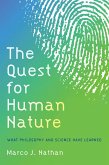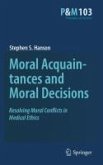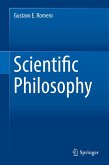What Is Agriculture For? describes four contrasting rationales for technical and policy change in agriculture and food systems.
Technological Modernization applies an ethic common to every sector in the industrial economy: production should seek greater efficiencies in order to lower consumer costs and secure adequate supply but should not do so in ways that harm third parties or the environment. The other views single out a feature of agriculture giving it unique moral significance.
Sustainable Intensification emphasizes future challenges to the global food supply, and
Rural Resilience places special value on the social role of farmers and other producers.
Urban Agriculture highlights cities' growing vulnerability to rurally based supply chains. Each perspective leads to distinct policy goals and suggests different priorities for technical innovation. At the same time, the argument for any particular innovation may draw on two of more of these archetypal rationales. The book does greater justice to the complexity of food politics, providing tools for critical evaluation of implicit value commitments and greater understanding of opposing points of view.
Dieser Download kann aus rechtlichen Gründen nur mit Rechnungsadresse in A, B, BG, CY, CZ, D, DK, EW, E, FIN, F, GR, HR, H, IRL, I, LT, L, LR, M, NL, PL, P, R, S, SLO, SK ausgeliefert werden.









